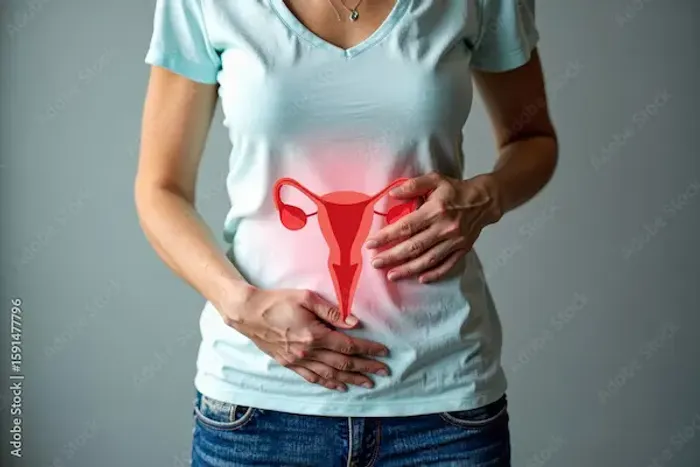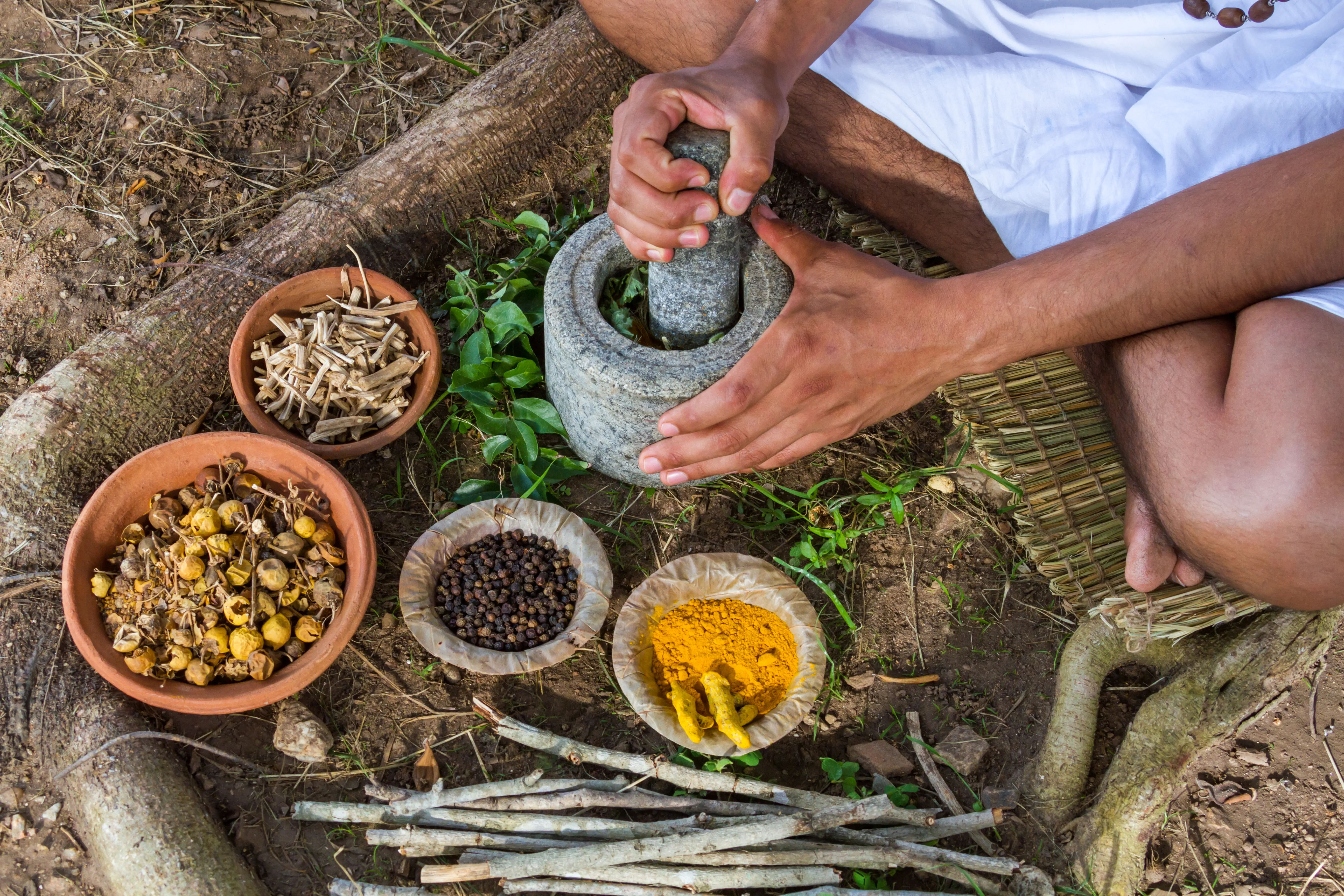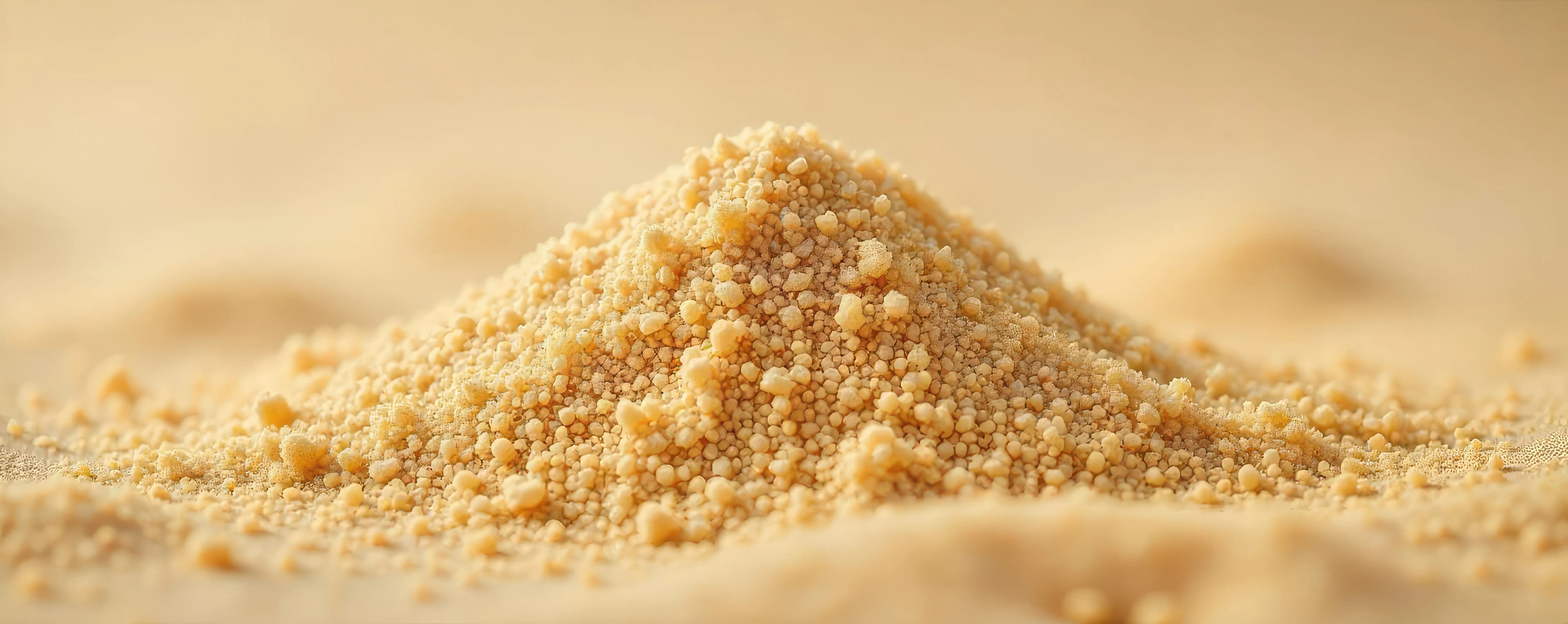PCOD and PCOS: Understanding the Differences
Understand the key differences between PCOD and PCOS, including their causes, symptoms, diagnosis, and treatment approaches for women's health.

Written by Dr. Dhankecha Mayank Dineshbhai
Reviewed by Dr. Shaik Abdul Kalam MD (Physician)
Last updated on 13th Jan, 2026

Introduction
If you’ve ever heard the terms PCOD (Polycystic Ovarian Disease) and PCOS (Polycystic Ovarian Syndrome), you might wonder if they mean the same thing. While they share similarities, they are different conditions that affect women’s hormonal health. Understanding these differences can help you manage symptoms better and seek the right treatment.
What Are PCOD and PCOS?
PCOD (Polycystic Ovarian Disease)
PCOD is a hormonal imbalance where the ovaries produce immature or partially mature eggs, which can turn into cysts. This leads to enlarged ovaries and irregular periods. PCOD is more common and considered a less severe condition compared to PCOS.
PCOS (Polycystic Ovarian Syndrome)
PCOS is a metabolic and hormonal disorder that affects multiple systems in the body. Unlike PCOD, PCOS is more serious and can lead to long-term complications like diabetes, heart disease, and infertility. Women with PCOS often have higher levels of male hormones (androgens), leading to symptoms like excess hair growth, acne, and weight gain.
Key Differences Between PCOD and PCOS
Common Symptoms of PCOD and PCOS
Both conditions share similar symptoms, but PCOS symptoms are usually more severe:
Irregular or missed periods
Heavy or painful periods
Excess facial or body hair (hirsutism)
Acne and oily skin
Weight gain (especially around the waist)
Hair thinning or male-pattern baldness
Darkening of skin (neck, underarms, groin)
Difficulty getting pregnant
What Causes PCOD and PCOS?
The exact cause is unknown, but several factors contribute:
1. Hormonal Imbalance
High androgens (male hormones) disrupt ovulation.
Insulin resistance leads to excess insulin, increasing androgen production.
2. Genetics
If your mother or sister has PCOD/PCOS, you’re more likely to develop it.
3. Lifestyle Factors
Poor diet (high sugar, processed foods)
Sedentary lifestyle
Chronic stress
Obesity (increases insulin resistance)
How Do PCOD and PCOS Affect Health?
Short-Term Effects
- Irregular periods
- Skin and hair problems
- Mood swings and anxiety
Long-Term Risks
- Type 2 diabetes (due to insulin resistance)
- Heart disease (high cholesterol, blood pressure)
- Endometrial cancer (from irregular periods)
- Infertility (due to lack of ovulation)
Consult Top Specialists for Personalised Tips
Managing PCOD and PCOS: Lifestyle and Treatment
While there’s no cure, lifestyle changes and medical treatments can help manage symptoms effectively.
1. Diet Changes
- Eat whole foods (vegetables, fruits, whole grains, lean protein).
- Avoid sugar and refined carbs (white bread, pastries, sugary drinks).
- Include healthy fats (nuts, seeds, olive oil, avocados).
- High-fiber foods help regulate blood sugar.
2. Regular Exercise
- 30 minutes of moderate exercise daily (walking, yoga, strength training).
- Helps reduce insulin resistance and weight.
3. Stress Management
- Meditation, deep breathing, and adequate sleep help balance hormones.
4. Medical Treatments
- Birth control pills regulate periods and reduce androgen levels.
- Metformin improves insulin resistance.
- Fertility treatments (if trying to conceive).
- Anti-androgen medications reduce hair growth and acne.
5. Natural Remedies
- Spearmint tea may reduce excess hair growth.
- Cinnamon helps regulate blood sugar.
- Omega-3 supplements reduce inflammation.
When to See a Doctor?
If you experience:
Irregular or painful periods
Unexplained weight gain
Excessive hair growth or acne
Difficulty getting pregnant
Consult a gynaecologist or endocrinologist for proper diagnosis and treatment.
How Apollo 24|7 Can Help?
If you suspect you have PCOD or PCOS, Apollo 24|7 offers:
Expert consultations with gynaecologists
Hormonal tests and ultrasounds for diagnosis
Personalised treatment plans
You can book a consultation or lab test easily from home through the Apollo 24|7 app.
Conclusion
PCOD and PCOS are not the same, but both require attention. With the right diet, exercise, and medical care, you can manage symptoms effectively and lead a healthy life. If you suspect any symptoms, don’t ignore them—early diagnosis makes a big difference!
Would you like to schedule a consultation or learn more?
Consult Top Specialists
Consult Top Specialists for Personalised Tips

Dr. Mona Yadav
Obstetrician and Gynaecologist
19 Years • MBBS, MD (Obstetrics & Gynaecology)
Dombivli
Nulife multispeciality, Dombivli

Dr. Parul Sharma
Obstetrician and Gynaecologist
8 Years • MBBS, MS (Obstetrics & Gynaecology)
New Delhi
THE DOCTORS NESST, New Delhi

Dr. Debajyoti Goswami
Obstetrician and Gynaecologist
10 Years • MBBS,D.G.O(DNB),Adv. Infertility Tech.(AIIMS),Fellowship in Diabetes(U.K),Comprehensive Abortion Care(Govt. Of W.B), Certificate in Clinical Embryology(AIIMS, BHUBANESWAR)
Bankura
D.G Clinic, Bankura
(25+ Patients)
Dr. K Anusha
Obstetrician and Gynaecologist
4 Years • MBBS, DGO
Yemmiganur
SRINIVASAA HOSPITAL, Yemmiganur

Dr. Asha Rani Singh
Obstetrician and Gynaecologist
24 Years • MBBS DGO
Delhi
Dr Asha Rani Singh Clinic, Delhi
Consult Top Specialists

Dr. Mona Yadav
Obstetrician and Gynaecologist
19 Years • MBBS, MD (Obstetrics & Gynaecology)
Dombivli
Nulife multispeciality, Dombivli

Dr. Parul Sharma
Obstetrician and Gynaecologist
8 Years • MBBS, MS (Obstetrics & Gynaecology)
New Delhi
THE DOCTORS NESST, New Delhi

Dr. Debajyoti Goswami
Obstetrician and Gynaecologist
10 Years • MBBS,D.G.O(DNB),Adv. Infertility Tech.(AIIMS),Fellowship in Diabetes(U.K),Comprehensive Abortion Care(Govt. Of W.B), Certificate in Clinical Embryology(AIIMS, BHUBANESWAR)
Bankura
D.G Clinic, Bankura
(25+ Patients)
Dr. K Anusha
Obstetrician and Gynaecologist
4 Years • MBBS, DGO
Yemmiganur
SRINIVASAA HOSPITAL, Yemmiganur

Dr. Asha Rani Singh
Obstetrician and Gynaecologist
24 Years • MBBS DGO
Delhi
Dr Asha Rani Singh Clinic, Delhi




